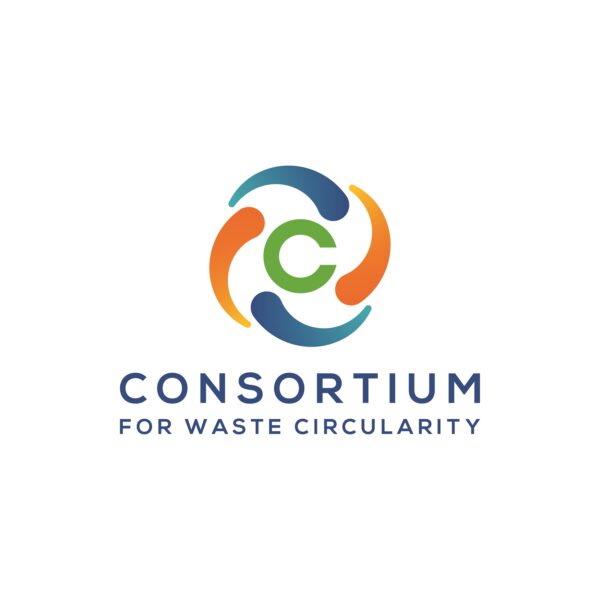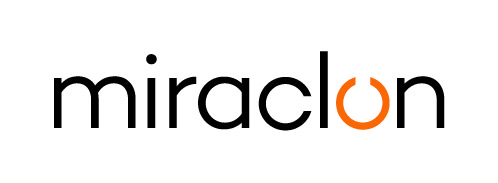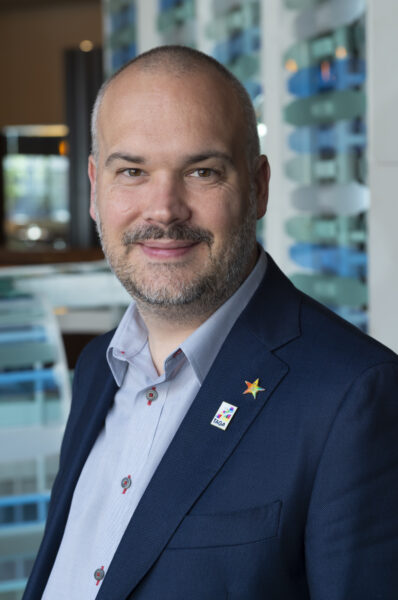Miraclon has joined the Consortium for Waste Circularity (CWC) – the printing and packaging industry authority on circularity of all waste – as part of its ongoing environmental, social and governance (ESG) agenda. Dr John Anderson, Director of Advanced Application Development for Miraclon, will serve an active role within the CWC, which aims to expand industry collaboration and grow the full potential of recycling technology.
“When looking at how Miraclon can impact sustainability, we take a holistic approach that extends beyond a lifecycle analysis of our products and related manufacturing processes to the impact that our technology and services can have on the complete packaging printing value chain,” said Emma Weston, Chief Marketing Officer, Miraclon. “We are focused on understanding the big, material impacts and challenging how we can make a difference. As a member of CWC, we can push this even further.”
The Consortium for Waste Circularity is made up of brands, printers, material and equipment manufacturers and insurance companies. These members are collectively driving the transformation of waste management so that all municipal solid waste that winds up in landfills is dealt with and returned to virgin materials or fuel that can be used again. They also make contributions to R&D, outreach, and education to advance recycling efforts.
“The CWC has identified proven technology for waste recycling, keeping it from landfill, and I’m excited to contribute to the continued development of what’s possible,” adds Dr John Anderson. “Miraclon is committed to supporting the global packaging value chain and helping brands, printers and trade shops achieve their sustainability goals.”
Michael Ferrari, President, CWC, concludes: “Miraclon’s sponsorship brings extended knowledge about packaging development and flexo printing to the table enabling CWC to expand opportunities with our technology. Flexographic printing and the plates used to print on sustainable substrates will continue to play an important role in the ongoing development of more sustainable packaging.”





